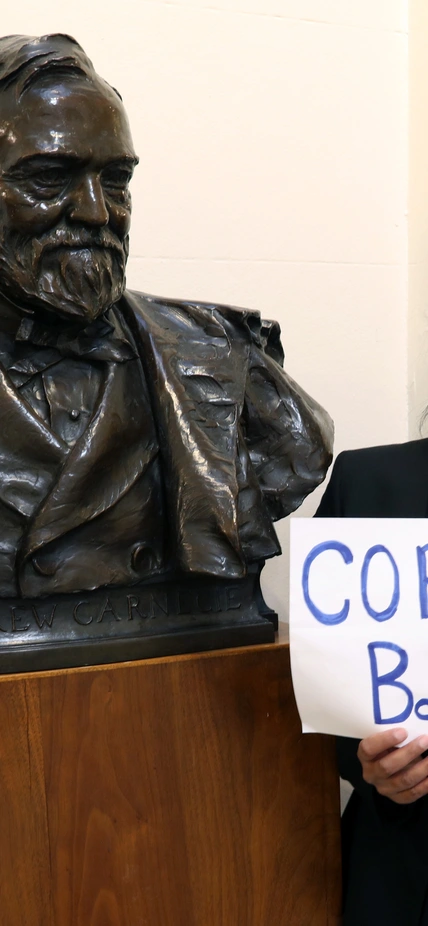We’ve all seen the photos. Long panel tables full of people from around the globe hashing out the intricacies of how to best fight climate change for endless grueling hours.
But what’s it like to be in the room?
Carnegie’s Geeta Persad will be there and she’ll checking in with us periodically to offer an insider’s look at the 3rd Conference of the Parties to the United Nations Framework Convention on Climate Change—or COP 23 for short—in Bonn, Germany.
Persad says she hopes the experience will help her understand how scientific information is used as currency during the discussions.
Her goal is to learn how scientists can make their work more accessible and useful to decisionmakers. But we get to come along for the ride and see how the process works through her eyes. Lucky us!
As part of her observing efforts, Persad will meet with an assortment of people including academic delegations, past negotiators, and nonprofit group representatives. And we’ll get to hear all about it.
Persad’s presence at COP 23 is motivated by a grant that she and Carnegie’s Ken Caldeira recently received from the National Science Foundation—along with Jennifer Burney of University of California San Diego, Marshall Burke, of Stanford Earth System Science, and Eran Bendavid, of the Stanford Medical School.
Together, the team of grantees aims to help countries optimize how they meet their commitments under the Paris Agreement with a focus on the short-lived air pollutants, like soot, which are co-emitted by many of the same processes that give off the longer-lived and much more commonly talked about carbon dioxide. After four years of work that will involve climate modeling and geospatial and economic analysis, they plan to build a simulator that will let users see how different mitigation options available to individual countries might map to different local and global costs and benefits.
So watch this space for updates, and follow Persad on Twitter.
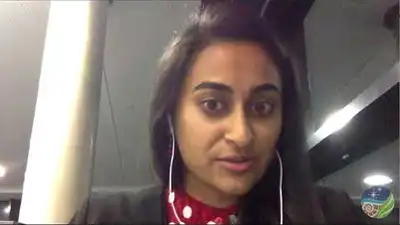
First Impressions
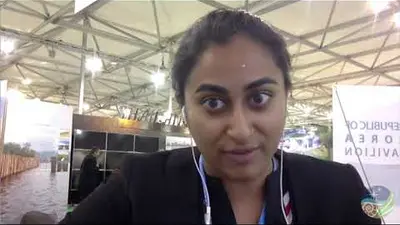
Ramping Up
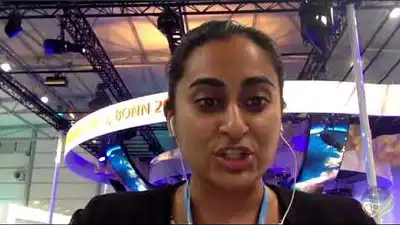
Rising Anticipations
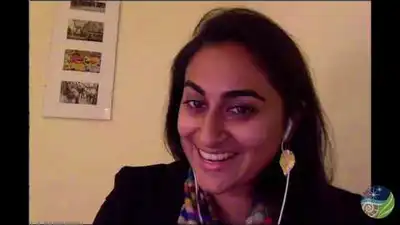
The Elephant in the Room
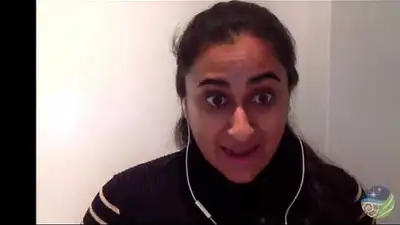
Closing Thoughts
